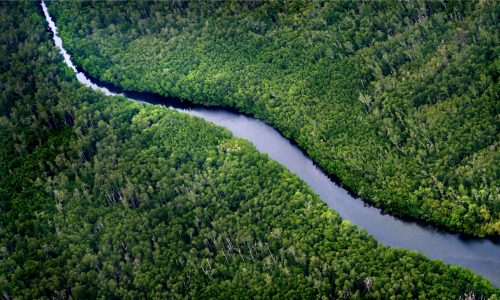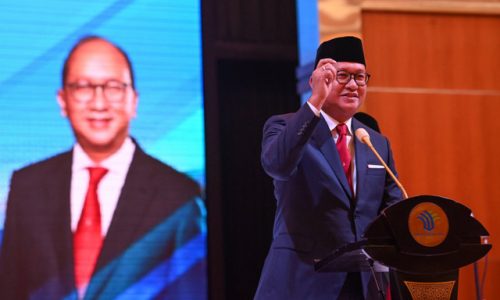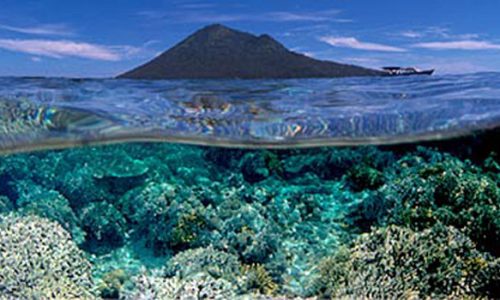The Indonesian government, through the Ministry of Energy and Mineral Resources (ESDM), and the United States have signed a Memorandum of Understanding (MoU) on Clean Energy Working Group Indonesia-US.
This agreement marks the establishment of a working group for clean energy development in Indonesia. The MoU was signed by Secretary-General of the Ministry of ESDM, Rida Mulyana, along with Assistant Secretary of Commerce and Director-General of the U.S. and Foreign Commercial Service, U.S. Department of Commerce, Arun Venkataraman.
Rida stated that the Clean Energy Working Group MoU would serve as the basis for cooperation and promote bilateral cooperation in clean and renewable energy in Indonesia. This includes various areas such as CCUS, cybersecurity, SMR technology, geothermal, bioethanol, and smart city technology for the new capital city, Ibu Kota Negara. This cooperation will replace the Power Working Group MoU previously signed in 2015, which focused solely on electricity issues, particularly the 35 GW program at that time.
The Indonesian government intends to utilize this Working Group to support electrification goals and the development of Indonesia’s electricity sector, with initial focus on assisting Indonesia in achieving a 23 percent renewable energy mix by 2025 and reaching Net Zero Emission (NZE) by 2060 or earlier.
To follow up on this signing, the Indonesian government invites U.S. businesses to collaborate, not only for investment but also to enhance energy transition technologies in Indonesia. Regulatory-wise, Presidential Regulation No. 112/2022, which has been issued, demonstrates the government’s commitment to accelerating the development of renewable energy nationally.
Besides renewable energy development, the role of mineral commodities in the energy transition is also crucial. The Indonesian government will prioritize domestic mineral commodities for energy transition projects, including energy storage facilities, electric vehicle batteries, and mineral industry downstreaming.
Indonesia seeks support in advancing the downstreaming of critical minerals. Downstreaming is essential for energy transition. With increasing demand for electric motor vehicles, which utilize batteries containing critical metals, the sources of which are abundant in Indonesia.
Rida hopes that this agreement will attract investment flows and create new job opportunities. Alongside this, the Ministry of ESDM continues to develop and improve business processes, including simplifying licensing procedures.
In addition to the United States, other advanced countries, particularly within the framework of JETP, such as Germany, Japan, and Norway, are also involved, in line with the results of last year’s G20 Summit.









